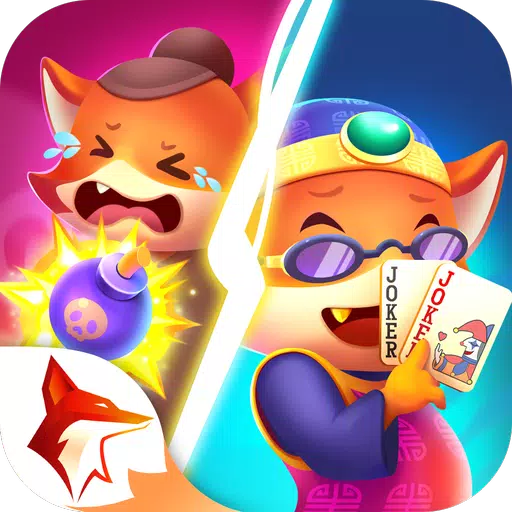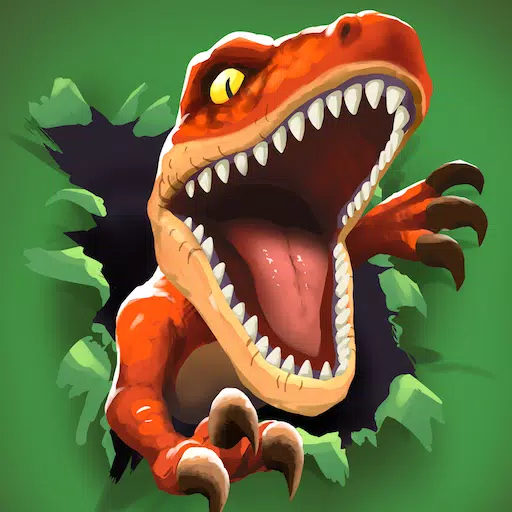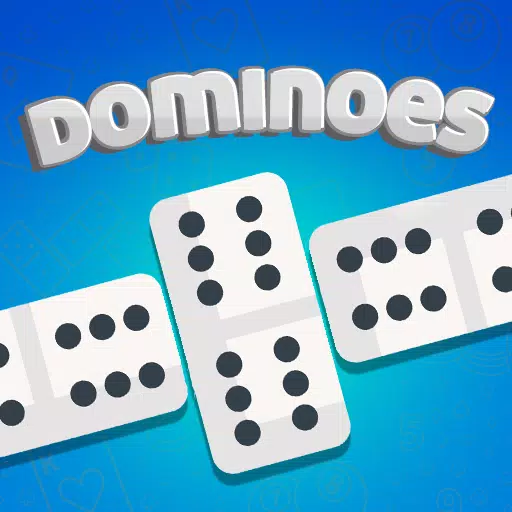Board gaming has never been more exciting, thanks to the wide array of new options available today. Whether you're into family board games, strategy games, or any other genre, there's something for everyone. However, the allure of modern games doesn't diminish the timeless appeal of classic board games. These enduring favorites have captivated both beginners and seasoned players for generations, proving that age-old games are just as compelling as their newer counterparts.
TL;DR: The Best Classic Board Games
 ### Azul Board Game
### Azul Board Game
1See it at Amazon ### Pandemic
### Pandemic
0See it at Amazon ### Ticket to Ride
### Ticket to Ride
0See it at Amazon ### Catan
### Catan
0See it at Amazon ### Sherlock Holmes: Consulting Detective
### Sherlock Holmes: Consulting Detective
0See it at Amazon ### Can't Stop
### Can't Stop
0See it at Amazon ### Acquire 60th Anniversary Edition
### Acquire 60th Anniversary Edition
0See it at Amazon ### Diplomacy
### Diplomacy
0See it at Amazon ### Yahtzee
### Yahtzee
0See it at Amazon ### Scrabble
### Scrabble
0See it at Amazon ### Othello
### Othello
0See it at Amazon ### Crokinole
### Crokinole
0See it at Amazon ### Liar's Dice
### Liar's Dice
0See it at Amazon ### Chess - Magnetic Set
### Chess - Magnetic Set
0See it at Amazon ### Playing Cards
### Playing Cards
0See it at Amazon ### Go - Magnetic Board Game Set
### Go - Magnetic Board Game Set
0See it at Amazon
Modern games are largely the result of a design trend that began in the mid-'90s. However, exploring games from before this period can uncover timeless classics that continue to enthrall players. Below, listed in reverse chronological order, are some of the best classic board games that have stood the test of time.
Azul (2017)
 ### Azul Board Game
### Azul Board Game
1See it at Amazon
Azul, despite its 2017 release and being an abstract game, has quickly established itself as a modern classic. Its aesthetic appeal is undeniable, with a bag full of vibrant, chunky tiles that resemble sweets. The gameplay is deceptively simple: players take matching tiles from pools and arrange them in rows on their board, which can hold between one and five tiles. Completing a row moves those tiles to a scoring mat, where points are awarded for adjacent tiles, completed rows, columns, and matching sets. While the rules are straightforward, the game's depth and strategic complexity are astonishing, making each play a unique and engaging experience.
For more insights, check out our comprehensive review of Azul or explore its various expansions.
Pandemic (2008)
 ### Pandemic
### Pandemic
0See it at Amazon
Pandemic is the cornerstone of the cooperative gaming genre, which has since become immensely popular. Although not the first cooperative game, its combination of innovative mechanics and accessible rules propelled it to global acclaim. Players work together to combat the spread of diseases across the world, represented by cubes on a map. The challenge lies in accumulating card sets and using special abilities to find cures before outbreaks spiral out of control. The game's tension is palpable, making it a thrilling race against time.
Discover more with the base game and its numerous expansions and spin-offs.
Ticket to Ride (2004)
 ### Ticket to Ride
### Ticket to Ride
0See it at Amazon
Created by the renowned Alan R. Moon, Ticket to Ride builds on the familiar set-collection mechanics of Rummy, making it highly accessible. Players collect colored cards to claim train routes on the board, aiming to connect cities as per their ticket cards for bonus points. The game's tight maps and the potential for opponents to block your routes create an exhilarating and competitive experience. Its success has led to numerous versions and expansions, solidifying its place in the world of board gaming.
Explore the variety of Ticket to Ride editions and expansions available.
Settlers of Catan (1996)
 ### Catan
### Catan
0See it at Amazon
Now simply known as Catan, this game revolutionized the board gaming scene upon its release. Its unique blend of dice mechanics, trading, and route planning captivated players, sparking the modern gaming era, especially after its English translation. While its popularity may have waned slightly, Catan remains a compelling game that showcases the addictive mix of luck and strategy.
Sherlock Holmes Consulting Detective (1981)
 ### Sherlock Holmes: Consulting Detective
### Sherlock Holmes: Consulting Detective
0See it at Amazon
A pioneering blend of board game, mystery, and interactive storytelling, Sherlock Holmes Consulting Detective was ahead of its time. Players assume the role of detectives in Victorian London, working together to solve cases more efficiently than the famous Sherlock Holmes himself. The game's atmospheric narratives and challenging puzzles make it a deeply immersive experience, with numerous expansions available for continued sleuthing.
Can't Stop (1980)
 ### Can't Stop
### Can't Stop
0See it at Amazon
Designed by Sid Sackson, Can't Stop is a lively and accessible game that pits players against each other in a race to the top of columns on the board. Each column corresponds to a dice roll, and players must decide whether to keep rolling or end their turn safely. The game's push-your-luck mechanic adds excitement and tension, making it a favorite for both board and mobile gaming.
Acquire (1964)
 ### Acquire 60th Anniversary Edition
### Acquire 60th Anniversary Edition
0See it at Amazon
Another masterpiece by Sid Sackson, Acquire is often credited with laying the groundwork for modern gaming. Players create, merge, and invest in companies on a grid, with the goal of maximizing their stock value. The game's strategic depth and economic simulation remain as engaging today as they were at its inception.
For a deeper dive, read our review of the Acquire: 60th Anniversary Edition.
Diplomacy (1959)
 ### Diplomacy
### Diplomacy
0See it at Amazon
Diplomacy is notorious for testing friendships with its intense and strategic gameplay. Set in 19th-century Europe, players must form alliances and engage in negotiations to conquer the continent, with victory going to the last player standing. The game's simultaneous movement system, where all orders are revealed at once, adds a thrilling layer of unpredictability and betrayal.
Yahtzee (1956)
 ### Yahtzee
### Yahtzee
0See it at Amazon
Yahtzee is a timeless roll-and-write game that combines luck with strategic decision-making. Players roll dice and fill in a scorecard, balancing the risk of rolling again for better results against the safety of locking in a score. Its fast-paced and family-friendly nature ensures it remains a beloved classic.
Scrabble (1948)
 ### Scrabble
### Scrabble
0See it at Amazon
Scrabble is a beloved word game that challenges players to form words on a grid, balancing vocabulary knowledge with spatial strategy. While games can be lengthy with multiple players, its widespread recognition and strategic depth make it a staple in many households.
Othello / Reversi (1883)
 ### Othello
### Othello
0See it at Amazon
Othello, also known as Reversi, is a strategic game of disk-flipping where players aim to control the most pieces on the board. The game's simple rules belie its deep tactical complexity, making it a classic battle of wits.
Crokinole (1876)
 ### Crokinole
### Crokinole
0See it at Amazon
Originating in Canada, Crokinole is a dexterity game that combines flicking skill with strategic positioning. Players aim to land their disks in high-scoring zones, using other disks and board pegs to their advantage. Its unique blend of skill and strategy makes it a cherished classic.
Perudo / Liar's Dice (1800)
 ### Liar's Dice
### Liar's Dice
0See it at Amazon
Known by various names, Liar's Dice is a game of bluffing and statistics where players bid on the number of dice showing a particular value. The game's simplicity hides its depth, making each round a thrilling mix of guesswork and strategy.
Chess (16th Century)
 ### Chess - Magnetic Set
### Chess - Magnetic Set
0See it at Amazon
Chess, with its origins tracing back to 600 AD, is a timeless strategy game that has evolved from the Indian game Chaturanga. Its global popularity and strategic depth make it a must-have in any board game collection.
Playing Cards (~900 AD)
 ### Playing Cards
### Playing Cards
0See it at Amazon
Originating in China, playing cards offer endless possibilities with thousands of games to explore. From poker and bridge to lesser-known gems like Jass and Scopa, a standard deck can provide a lifetime of entertainment and strategic play.
Go (~2200 BC)
 ### Go - Magnetic Board Game Set
### Go - Magnetic Board Game Set
0See it at Amazon
Go, a game of profound strategic depth, originated in China and is immensely popular in East Asia. Players place stones on a grid, aiming to control territory and capture opponent's stones. Its simplicity and complexity make it a game that can be enjoyed for a lifetime.
What makes a board game a “classic”?
Defining a board game as a "classic" is subjective, but key factors include sales, influence, and brand recognition. Games like Ticket to Ride, with over 10 million copies sold, have crossed into classic status due to their widespread popularity. Influence, as seen in games like Acquire, can be measured by the revolutionary concepts they introduce, even if they remain niche. Finally, brand familiarity, as with chess and Diplomacy, ensures a game's place in the pantheon of classics, despite varying levels of actual play.
 Home
Home  Navigation
Navigation






 Latest Articles
Latest Articles









 Latest Games
Latest Games




![Chubby Story [v1.4.2] (Localizations)](https://imgs.xddxz.com/uploads/85/1719638042667f981a5e9f8.jpg)

![Zia – New Version 0.4 [Studio Zia]](https://imgs.xddxz.com/uploads/47/1719569268667e8b74e6004.jpg)




